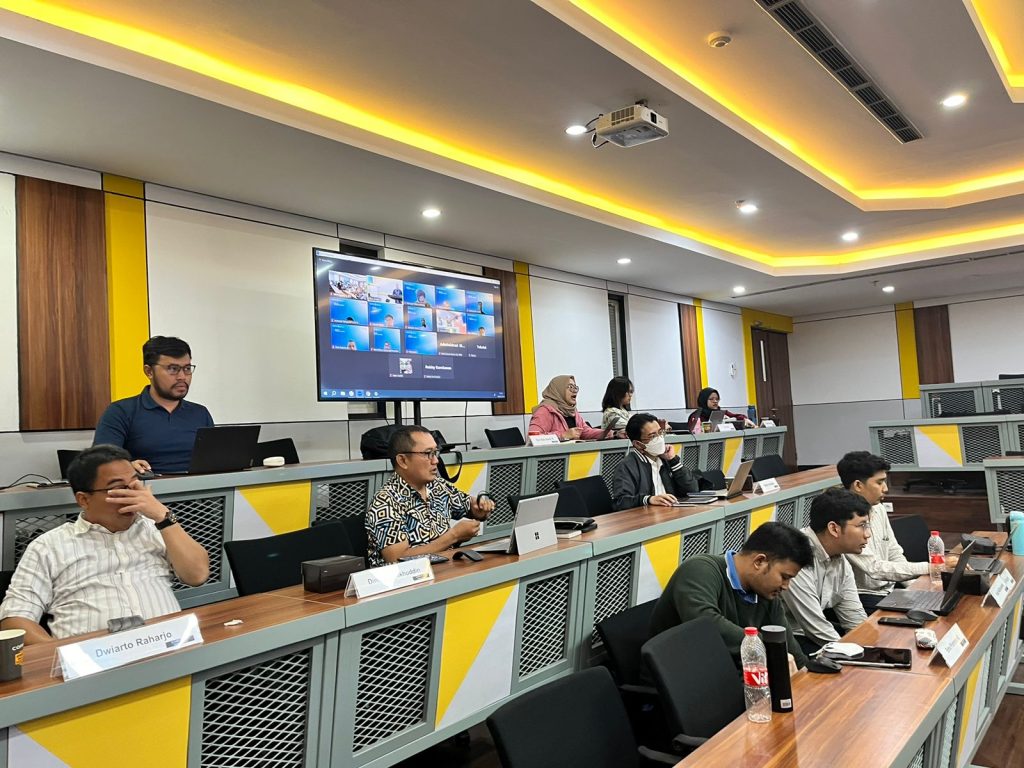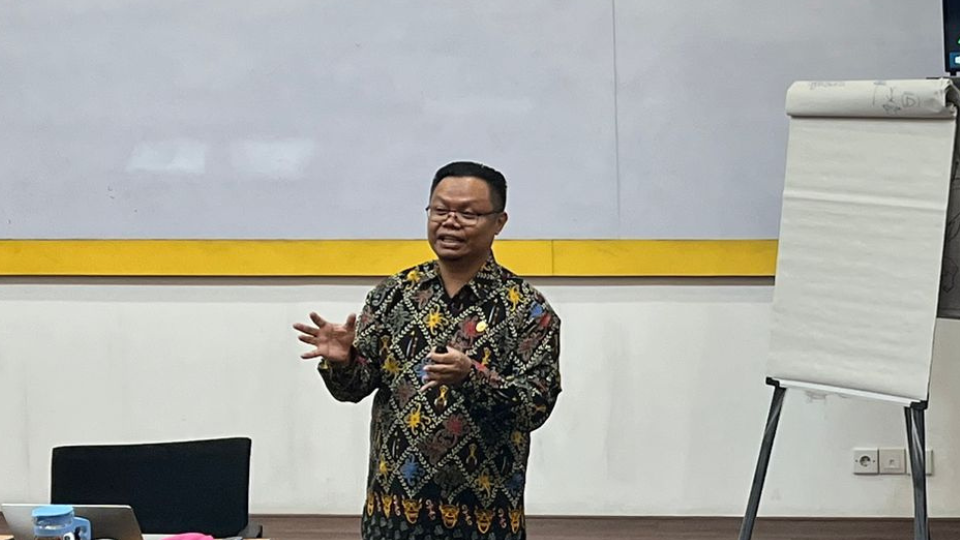Who would have imagined that a catastrophe like the Covid-19 pandemic could disrupt human life? During such times, individuals require emergency funds to sustain daily needs for up to two years, particularly in times of economic deterioration. However, predicting such circumstances is nearly impossible, underlining individuals’ need to prepare an emergency savings.
This statement was conveyed by Wisnu Uriawan, Ph.D., a lecturer from UIN Bandung, during his guest lecture on “Financial Resilience or Financial Toughness and Innovative Investment Products” at SBM ITB, on Monday (18/2).
According to Wisnu, financial resilience is essential for increase life expectancy. Achieving retirement age with financial resilience ensures a more tranquil life.
Moreover, Wisnu emphasized that the financial resources required to attain such resilience are considerable. Upon retirement, individuals typically experience a decline in income compared to their active working years. Hence, Wisnu suggested that owning assets and generating passive income is one strategy for achieving financial resilience.
Among the many avenues for generating passive income, Wisnu highlighted investing in virtual currencies, particularly cryptocurrency, which is currently experiencing a surge in popularity. Wisnu asserted that virtual currencies offer security through cryptography.
In terms of its model, Wisnu likened cryptocurrency to forex, with the key distinction being the focus on trending coins and their ownership distribution rather than direct buying and selling. The greater the ownership of a particular coin, the higher its return value.
Fundamentally, Wisnu stressed that cryptocurrency investments share the same objectives as other investments: maximizing profits while minimizing losses. However, there are inherent challenges in this type of investment. The assets in cryptocurrency, driven by technological advancements, exist solely within a value chain and lack physical form, contributing to the intrigue surrounding cryptocurrency investments.
Before venturing into cryptocurrency investments, Wisnu outlined several considerations, including portfolio assessment, which can be monitored on platforms like coinmarketcap. Understanding the data about owned coins is crucial.
Additionally, evaluating the performance of cryptocurrency providers is imperative. Analyzing whether a cryptocurrency is trending upwards or downwards over a significant period indicates its stability and viability as an investment option. Conversely, fluctuations in a cryptocurrency’s development signal caution and require careful consideration.
Wisnu cautioned against students allocating substantial portions of their investments to cryptocurrency. He categorized students interested in cryptocurrency investments into two groups: agents and investors. Agents are tasked with maintaining the sustainability and growth of the offered cryptocurrency coins, while investors evaluate coins based on their market penetration and resulting price disparities.
In conclusion, Wisnu emphasizes individuals to safeguard their assets and invest prudently, prioritizing long-term strategies over immediate high returns.





